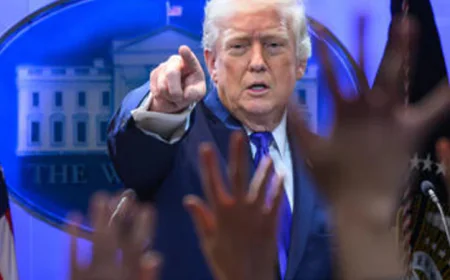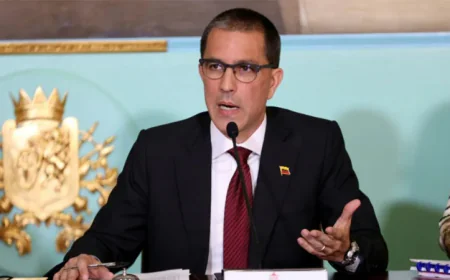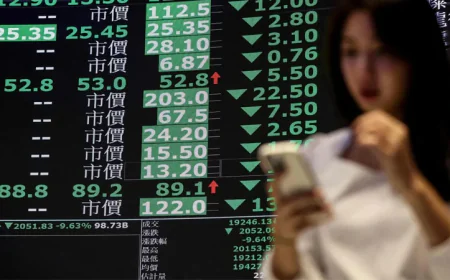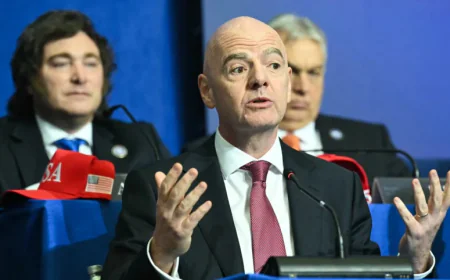US court blocks most Trump tariffs
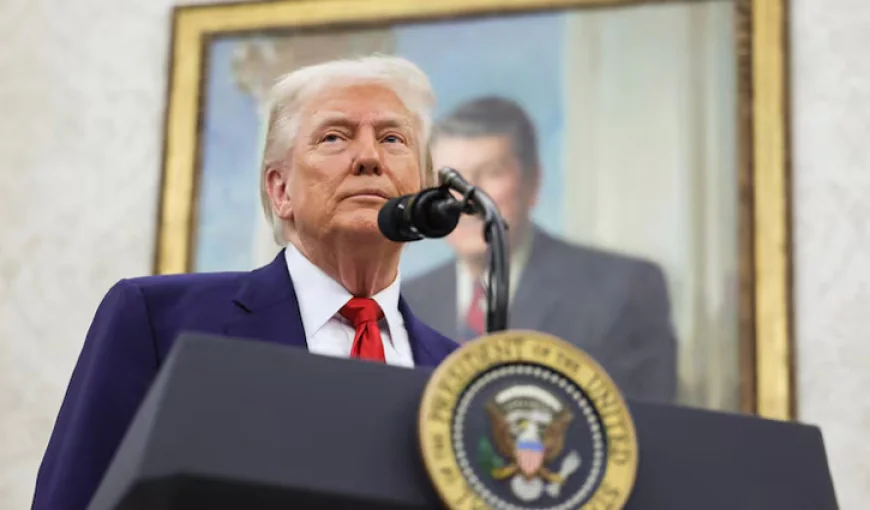
A U.S. trade court blocked President Donald Trump’s tariffs from going into effect in a sweeping ruling on Wednesday that found the president overstepped his authority by imposing across-the-board duties on imports from U.S. trading partners, Reuters reports.
The Court of International Trade said the U.S. Constitution gives Congress exclusive authority to regulate commerce with other countries that is not overridden by the president’s emergency powers to safeguard the U.S. economy.
“The court does not pass upon the wisdom or likely effectiveness of the President’s use of tariffs as leverage,” a three-judge panel said in the decision to issue a permanent injunction on the blanket tariff orders issued by Trump since January. “That use is impermissible not because it is unwise or ineffective, but because [federal law] does not allow it.”
The judges also ordered the Trump administration to issue new orders reflecting the permanent injunction within 10 days. The Trump administration minutes later filed a notice of appeal and questioned the authority of the court.
The court invalidated with immediate effect all of Trump’s orders on tariffs since January that were rooted in the International Emergency Economic Powers Act (IEEPA), a law meant to address “unusual and extraordinary” threats during a national emergency.
The court was not asked to address some industry-specific tariffs Trump has issued on automobiles, steel and aluminum, using a different statute.
The decisions of the Manhattan-based Court of International Trade, which hears disputes involving international trade and customs laws, can be appealed to the U.S. Court of Appeals for the Federal Circuit in Washington, D.C., and ultimately the U.S. Supreme Court.
TRADE TURMOIL
Trump has made charging U.S. importers tariffs on goods from foreign countries the central policy of his ongoing trade wars, which have severely disrupted global trade flows and roiled financial markets.
Companies of all sizes have been whipsawed by Trump’s swift imposition of tariffs and sudden reversals as they seek to manage supply chains, production, staffing and prices.
A White House spokesperson on Wednesday said U.S. trade deficits with other countries constituted “a national emergency that has decimated American communities, left our workers behind, and weakened our defense industrial base – facts that the court did not dispute.”
“It is not for unelected judges to decide how to properly address a national emergency,” Kush Desai, the spokesperson, said in a statement.
Financial markets cheered the ruling. The U.S. dollar rallied following the court’s order, surging against currencies such as the euro, yen and the Swiss franc in particular. Wall Street futures rose and equities across Asia also rose.
The ruling, if it stands, blows a giant hole through Trump's strategy to use steep tariffs to wring concessions from trading partners. It creates deep uncertainty around multiple simultaneous negotiations with the European Union, China and many other countries.
Trump has promised Americans that the tariffs would draw manufacturing jobs back to U.S. shores and shrink a $1.2 trillion U.S. goods trade deficit, which were among his central campaign promises.
Without the instant leverage provided by tariffs of 10% to 54% or higher, the Trump administration would have to find new forms of leverage or take a slower approach to negotiations with trading partners.





